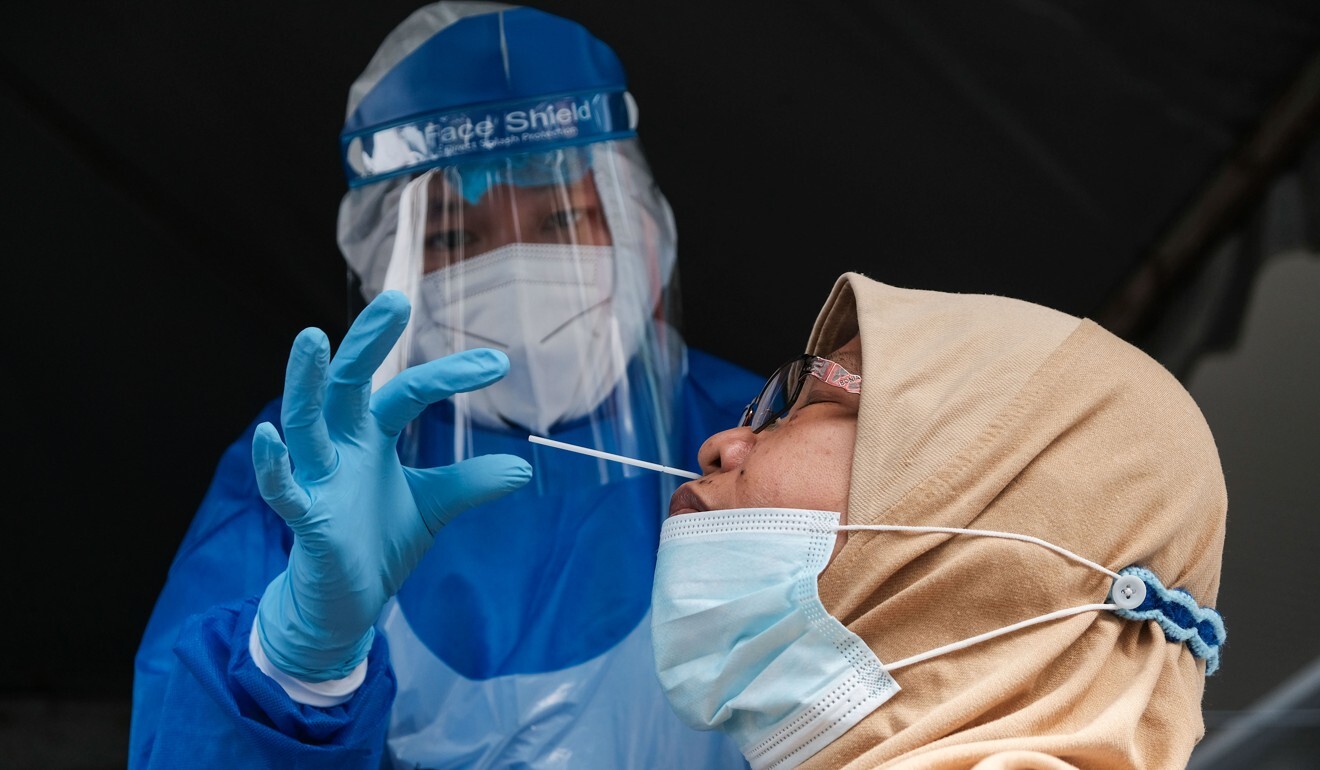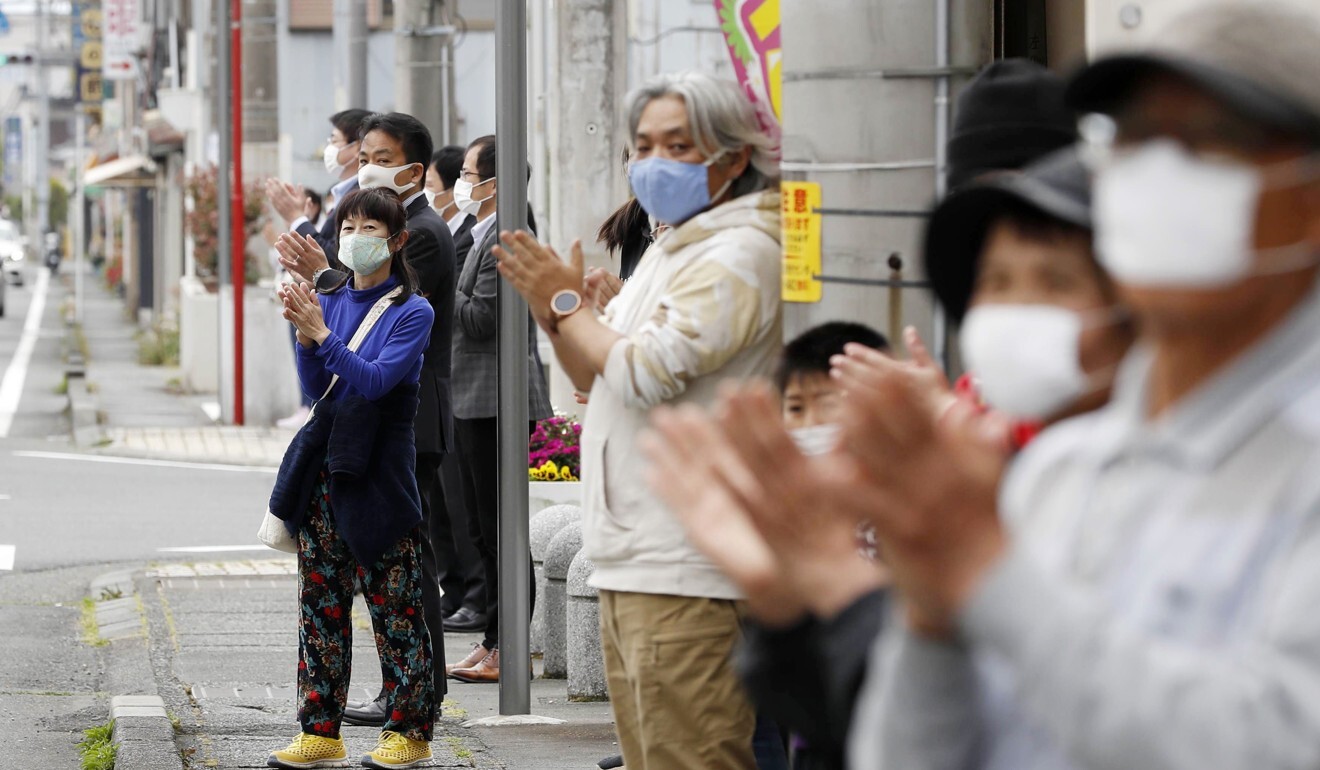
Essential workers risk their lives to keep our societies running. Don’t just thank them, pay them more
- The coronavirus pandemic has shown how much we need those who care for our sick, deliver our food, bring us our packages and take our rubbish away
- But acknowledging the difficulty of their work and applauding their efforts is not enough – it’s high time we actually valued them too, says Hari Raj
In between the lockdowns and quarantines, the days and months when time dilated into infinity, and the dawning hope of vaccines, there has been one constant: essential workers.
The term is wide-ranging, encompassing frontline health care workers alongside the people employed in supermarkets and petrol stations, sanitation workers, and those who deliver food and the flood of packages we’ve all ordered online. The inclusion of these previously disparate jobs under a pandemic-induced banner of dire necessity has brought to light a singular truth: so much of the infrastructure of our civilisation is maintained by those paid so very little.

There’s something profoundly ironic about the space between “essential” and “valued” – it’s the difference between being able to take a day off and losing your job. Or, to many, the difference between life and death.
This is especially the case when the legal minimum wage is as low as around US$1.40 in Malaysia, or US$7.80 in South Korea. When those governments and others around the region announce stimulus packages, surely a financial incentive could be provided to essential workers – opening the door to discussions about raising the minimum wage; providing guaranteed hours, sick leave, and basic contracts; and strengthening unions and labour rights.


We’ve all clapped for essential workers, acts of much-needed solidarity that – if we’re being honest – allowed us to congratulate ourselves in equal measure. There is a real concern that merely acknowledging the danger and difficulty of this work during the pandemic will be seen as sufficient, that a blink’s worth of honour in the public eye is reward enough for those who for so long have toiled invisibly.
But all this feting is rendered meaningless if it is not followed by real change. Governments should institute policies that boost wages and ensure sick leave, and police companies that flout these regulations. Letting essential workers recede into the shadows of our conscience once vaccines have been administered and GDP growth is back on track isn’t just hypocrisy, it’s actually harmful. They have saved large chunks of our way of life over the past year, and in many cases actual lives too. It’s past time to save theirs.

